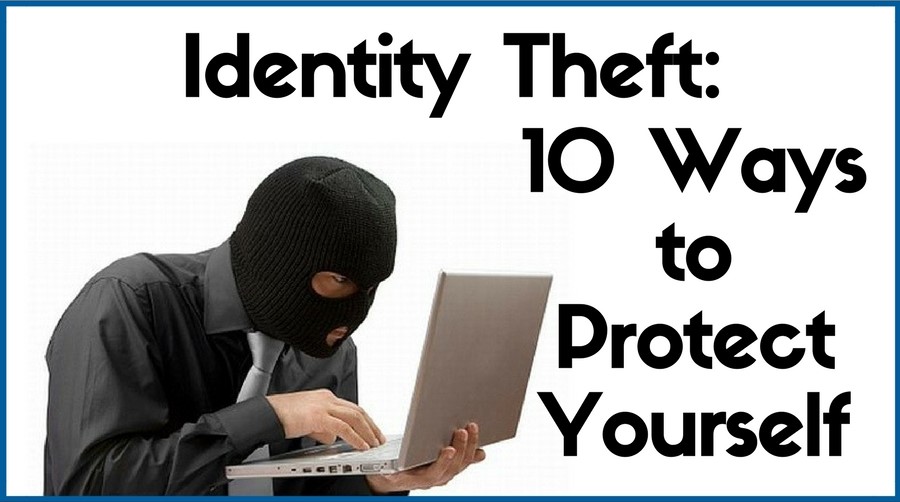Identity theft is becoming a common occurrence and just thinking about it scares me. Identity theft happens when someone uses your personal information to commit fraudulent acts or crimes. Identity theft can happen whether the stolen identity is that of a living or deceased person.
People who wrongfully use another person’s information such as name, address, social security number or credit card number to purchase items or property, get loans, credit, or services, are committing identity fraud. Fraudsters can use someone else’s information to obtain official documents such as government-issued IDs or passports, open accounts, take over accounts, obtain loans or government benefits, and procure goods and services.
Identity theft can greatly affect the victim’s finances and even reputation.
The fraud victim can have a hard time getting credit cards, mortgages or loans, and it can take years to clear his or her name.
Protecting Yourself Against Identity Theft
Identity theft can be a terrifying and stressful experience and sometimes it can take months or years before victims find out about it. Even with today’s technology and advanced security measures, anyone can still be at risk of identity theft. The best thing to do is to be vigilant about protecting your information. Here are ten ways to protect yourself against identity theft and fraud.
Be careful when throwing away papers or documents that have your personal information on them.
If you have a shredder, by all means shred them. If you don’t, you can simply tear them up into small pieces before throwing them away. Instead of throwing away receipts or documents in public places, consider taking them with you and disposing of them when you get home.
Secure papers and documents.
Lock your mailbox. Hide your papers and documents in a safe and secure place at home. If you have personal documents at your office, keep them in a locked drawer.
Secure your computer or online accounts.
Encrypt your computer and digital files with secure passwords—meaning, passwords that are unique and are composed of a combination of letters, numbers and symbols. Be careful about saving passwords on your personal computer. Definitely do not save your passwords on public computers.
Secure your financial accounts.
Keep a record and monitor your transactions and watch out for suspicious transactions.
Take advantage of email or text alerts from your credit card company or bank so that you’ll be notified of large purchases or if your balance has reached a certain amount.
You can also consider credit freezes which seals your files against new creditors.
Review your credit report regularly.
You can order a copy of your credit report twice a year which you can use to check for suspicious transactions.
Be aware of emails notifying you of changes in your accounts or asking you to update your information.
If you don’t remember making changes, report it immediately.
Be aware of phishing emails or fraudulent emails that ask you for personal information. Legitimate firms or companies never ask for your personal information via email.
Be careful of phone calls from individual or companies you don’t know.
Sometimes you may receive calls from people that claim they are phoning from your bank or credit card company, and they will begin asking you a series of questions. Never give out personal information to callers you do not know.
You can check the validity of the caller by calling them back at the number that you have for that company. For example, if someone calls and says they are from your bank and they want you to give them a bunch of information, ask for their name and say you will call them back.
Be careful when putting any information on documents or on the Internet.
Don’t write down your account number or personal information just anywhere. Don’t put your credit card number on the Internet unless it’s encrypted and on a secured site.
Memorize passwords and account numbers if you can.
Be aware of who you deal with.
Make sure you only deal with legitimate companies. Read and understand any contracts or documents before you sign them.
Report any suspicious transactions immediately.
If you notice anything suspicious in your bank statements, credit card transactions or credit report, contact your bank or credit card company immediately.
If you think you are a victim of identity theft, you must act immediately. Report any suspicious transactions to your bank. As well, report lost credit cards, IDs, or passports.





